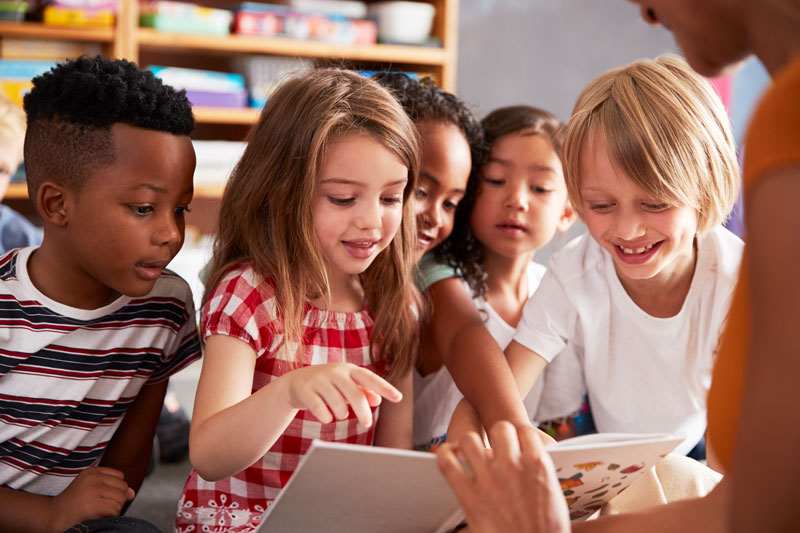By Azlen Theobald, PsyD, Post-Doctoral Fellow in Neuropsychology
Living through a pandemic is reshaping our kids’ friendships in unprecedented ways. Kids are being forced to stay apart from their peers because of social distancing requirements, which is causing them to feel alone, isolated, and bored. As many schools continue to maintain virtual or hybrid learning platforms this fall, children may struggle to maintain friendships. Social interaction with others is the primary ways kids learn how to build relationships, collaborate, problem-solve, and develop communication skills. When it comes to being separated from friend groups, some kids are more at risk than others. For instance, kids who are only children are in some ways more vulnerable to the isolation and stress that is caused by the pandemic. Similarly, children with pre-existing anxiety or depression as well as kids with developmental and learning disabilities also have unique challenges when forced to social distance.
While there is not much you can do to end the need for social distancing in the midst of the pandemic, there is plenty you can do to help your kids cope with the fact that they are missing their friends.
Explore Virtual Connections
Regardless of your child’s age, technology can be very helpful if it helps kids connect to other people. So get creative and start planning some ways for your kids to stay in touch with others. For instance, younger kids might enjoy a regular story time with a grandparent over FaceTime, Skype, or Zoom. You could even host a virtual show and tell or talent show!
Go Old School
Writing letters or putting together care packages is a fun way for kids to keep in touch with friends or family. Plus, they get to practice writing—an essential skill needed for school success.
You also can look into finding a pen pal for your kids. It can be fun and educational for kids to exchange letters with someone in another state or even in another country. You can even find opportunities to write letters and make pictures for people in nursing homes who may be cut off from the outside world as well.
Focus on Empathy and Gratitude
It’s important to encourage your children to talk about their feelings and validate their concerns but try not to dwell on what is wrong with the situation. Instead, encourage them to find things every day to be thankful for. Practice those writing skills and encourage your child to keep a gratitude journal. Or, try putting a jar in the kitchen where family members can write down one thing they are thankful for each day. At the end all of this, you can go back and read what everyone wrote. For kids who don’t get to see their friends, they could bake cookies and deliver them with a kind note. Little gestures like these can help strengthen bonds even when the kids can’ be together in person.
Look for Socially-Distanced Opportunities
Although the pandemic has made it challenging to get together in person, when the weather is nice, there are ways for kids to connect in person. And while this may not be entirely possible for younger kids who really don’t understand the concept of social distancing, it is an option for older kids and teens who understand the importance of being safe.
For instance, teens might enjoy meeting at a park, sitting on blankets, and talking. Kids also can ride bikes together if they stay distanced or even play games or talk from across the street from one another. Older kids could even meet for ice cream or coffee while maintaining at least six feet of space outside. Of course, each family has to weigh the risks of allowing their kids to see one another. In the end though, it’s important to err on the side of caution.
Stay Involved
As tempting as it might be to allow your kids to watch television all day, it’s important that you are regularly interacting with them. For instance, instead of binging on Netflix in the evening, consider a board game or do a puzzle as a family. Not only is the challenge of a game or a puzzle good for your kids’ developing brains, but the connection and time together as a family can help them cope with loneliness – – especially if they are frequently forced to play alone.
Make it a habit to check in with each of your kids daily. Ask how they are feeling and if they want to talk about anything. Even if they don’t have anything to share, or they simply don’t want to talk, knowing that you are there for them and interested in their lives can go a long way in easing some of the anxiety and loneliness they may be experiencing.



